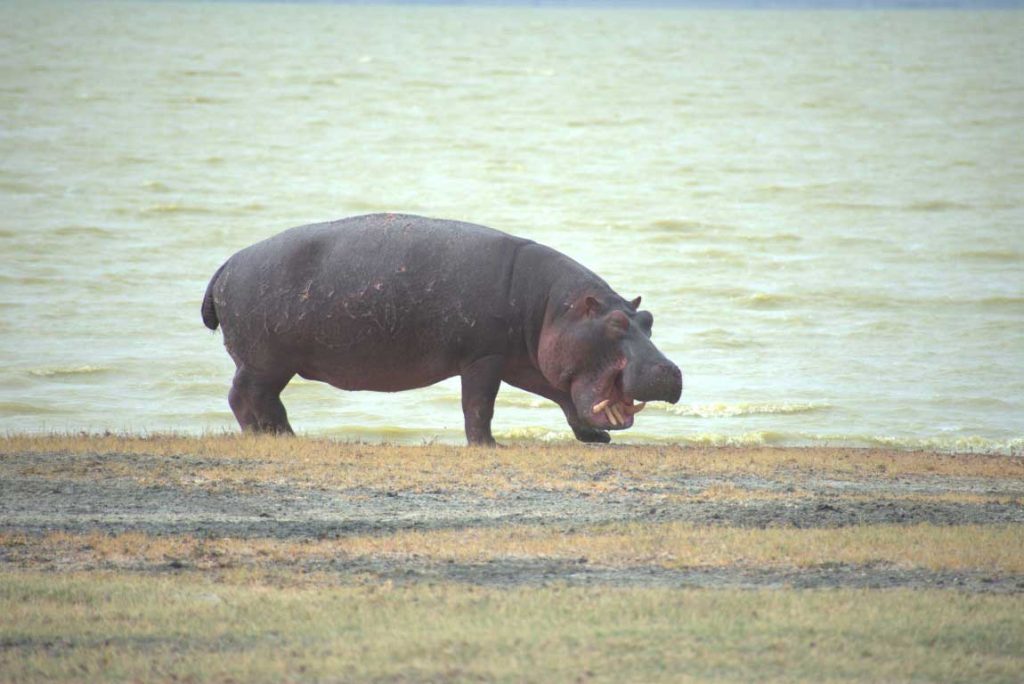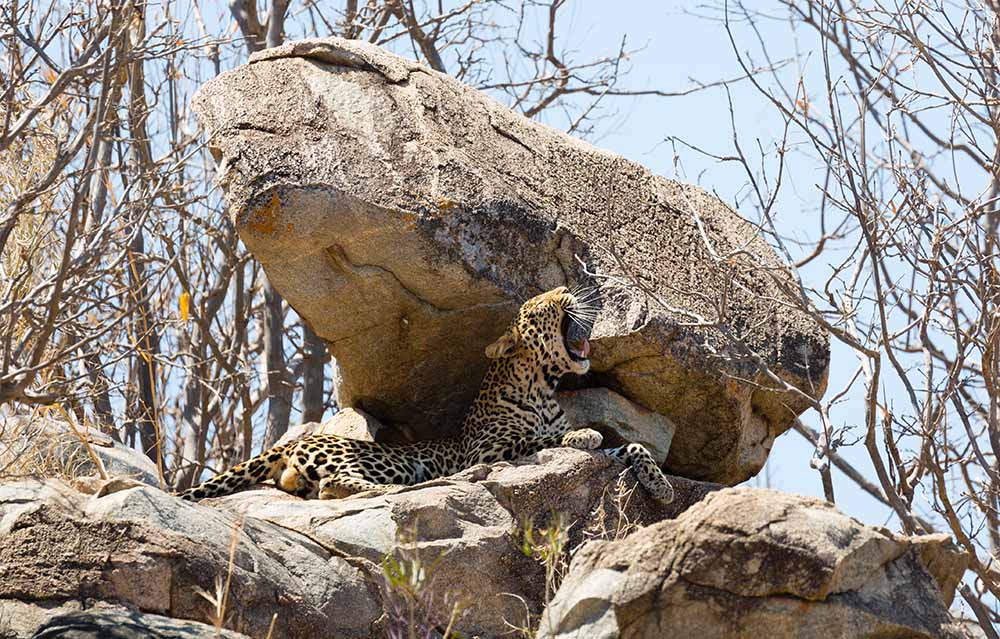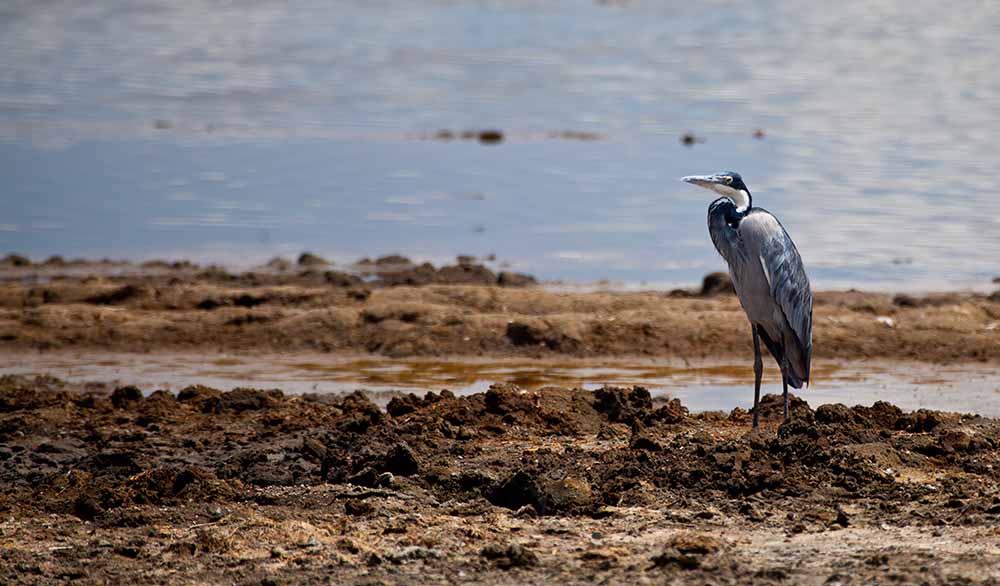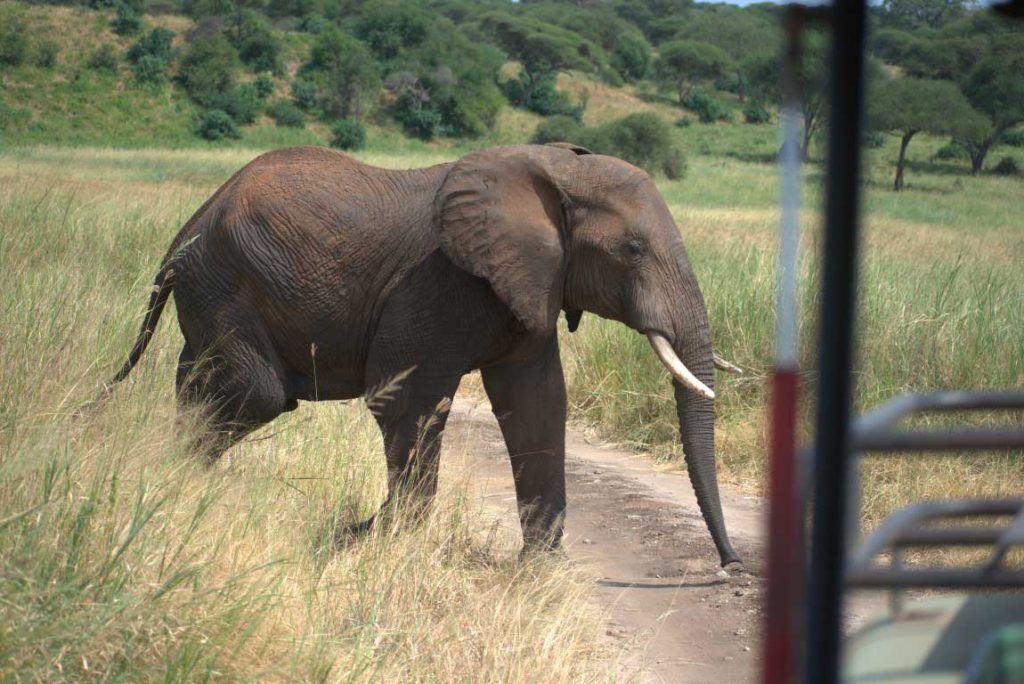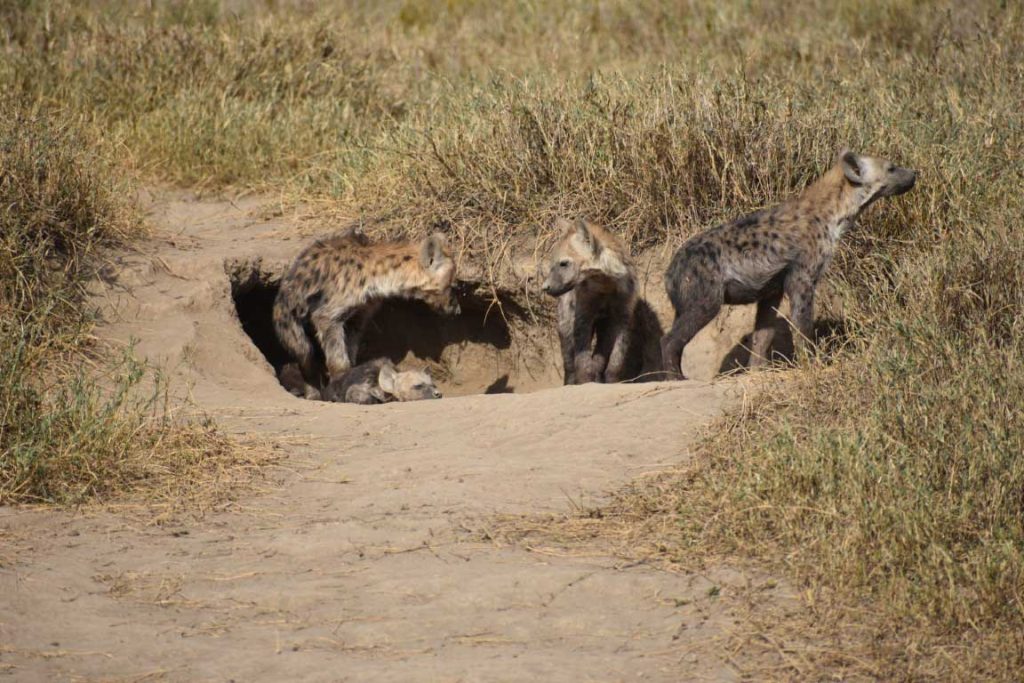Kilimanjaro National Park
Kilimanjaro is the highest mountain in Africa, snow caped and world’s highest free standing volcano. It comprises of two dormant volcanoes (Kibo 5,895m a.m.s.l and Mawenzi 5,149m a.m.s.l) and one extinct volcano (Shira 3,962m a.m.s.l) respectively.
The origin of the word Kilimanjaro is not well known but it said to be a combination of the Swahili word Kilima meaning “Mountain” and the KiChagga word Njaro, loosely translated as “Whiteness” giving the name “White Mountain”.
Its size is 1,712Km2 and was declared as a National Park in 1973, officially opened for tourism in 1977, declared a World Heritage Site by UNESCO in 1987 and Natural Wonder of Africa in 2013. Climbing to the top which is far up into the sky it’s a life time experience that no one can forget.
Climate of Kilimanjaro
There are two rainy seasons in a year. The wet season is from March to May during which it rains around the mountain base and snow accumulates on its peak.
The dry season is from late June through September during which the nights are cool and the days completely clear.
The park is located at an altitude between 1700 m to 5895 meter with annual average rainfall ranging from 828 mm at alpine desert to 2500 mm at Montane forest.
Attractions
The Park is endowed with a diverse variety of attractions ranging from terrestrial wilderness to permanent glaciers on the mountain peaks.
Three peaks of Kilimanjaro
Kibo, the highest peak (5,895m) on Mount Kilimanjaro, is covered by snow throughout the year despite being close to the equator. Conquering this peak is an adventure of a lifetime.
Mawenzi, Is the second highest peak which forms mount Kilimanjaro 5,149m. It is rugged and maintain the features of glaciation.
Shira, With an altitude of 3,962m, is the oldest peak that collapsed and forms a Shira plateau with outstanding scenic beauty on the mountain with several kinds of migratory large mammals such as buffaloes, elephants and especially elands.
Follow us on Instagram and Facebook for updates from Tanzania national parks.



